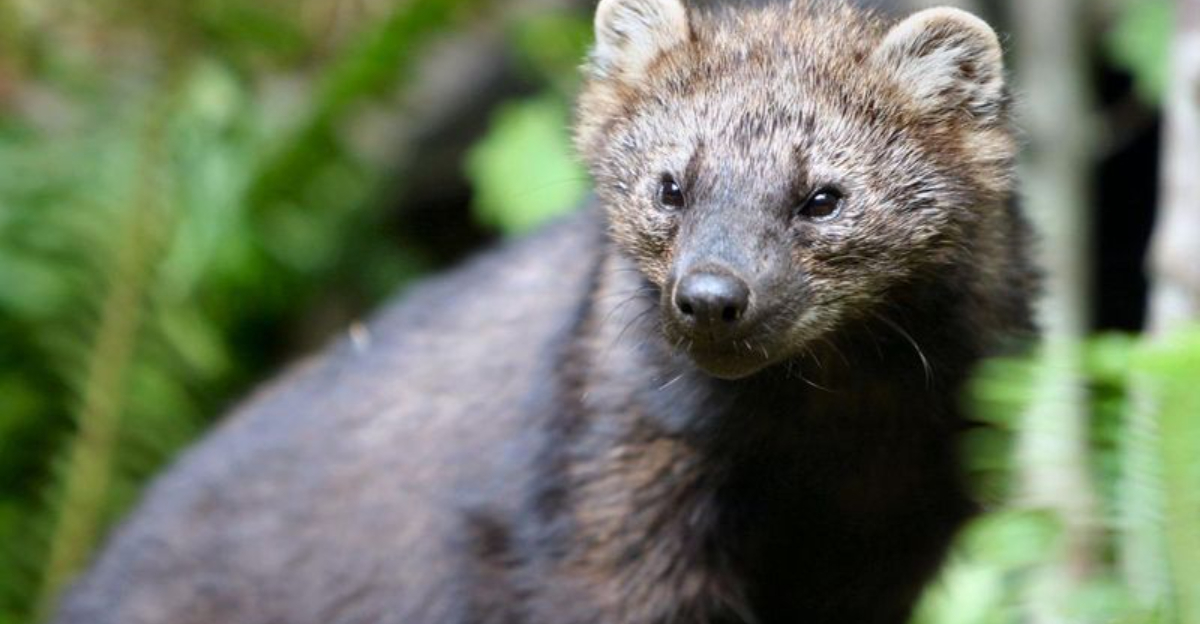I nearly dropped my morning coffee when I heard the news: a fisher has been spotted in Iowa after a 150-year absence!
This elusive member of the weasel family was caught on a trail camera in Allamakee County, sending ripples of excitement through the wildlife community.
The discovery marks a significant moment for Iowa’s biodiversity! It also offers hope for the return of native species once thought lost to our state forever. Fingers crossed!
Understanding The Fisher: A Rare Forest Dweller
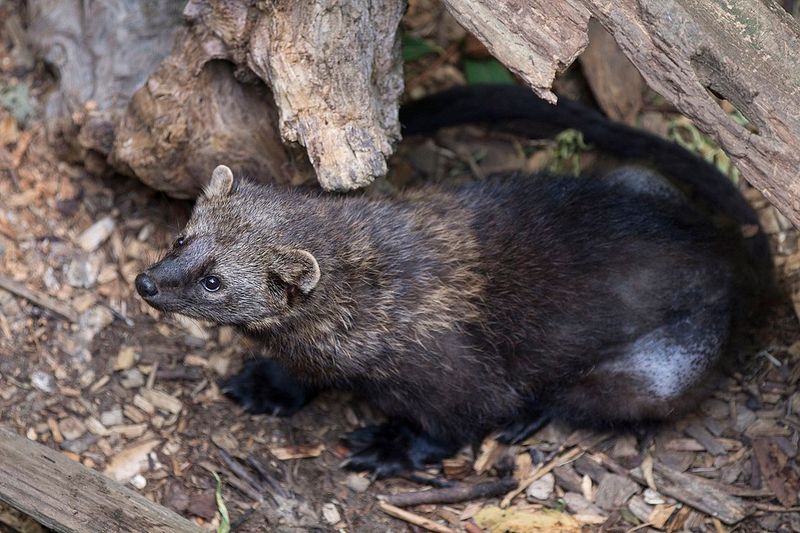
The first time I saw a fisher photograph, I mistook it for an oversized mink with attitude. These weasel-like mammals are about the size of house cats but pack much more wilderness mystique.
Fishers sport dark brown fur, bushy tails, and a face that’s both cute and fierce simultaneously. Despite their name, they rarely catch fish! Instead, they’re famous for being one of the few predators that can successfully hunt porcupines.
Incredibly agile tree-climbers, fishers prefer dense forests where they can hunt under the cover of branches and shadows. Their solitary, secretive nature makes them nearly impossible to spot, which explains why this Iowa sighting has everyone buzzing.
Why The Fisher’s Return To Iowa Is Significant?
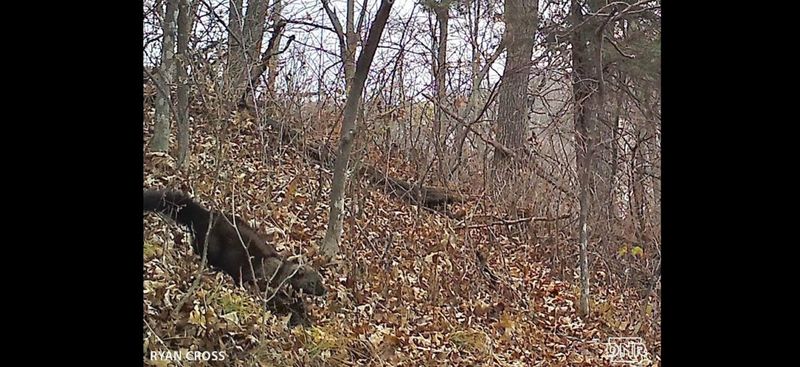
Imagine finding a living dinosaur in your backyard – that’s essentially what happened in Allamakee County! The fisher’s reappearance after 150 years represents an ecological homecoming that nobody expected.
Scientists believe this particular fisher likely wandered south from Minnesota, where reintroduction efforts have been successful. The animal’s return suggests our forests might be healthier than we thought, capable of supporting species that disappeared during the intensive logging and settlement era of the 1800s.
This discovery forces us to rewrite what we know about Iowa’s current wildlife.
The Fisher’s Role In Maintaining A Balanced Ecosystem
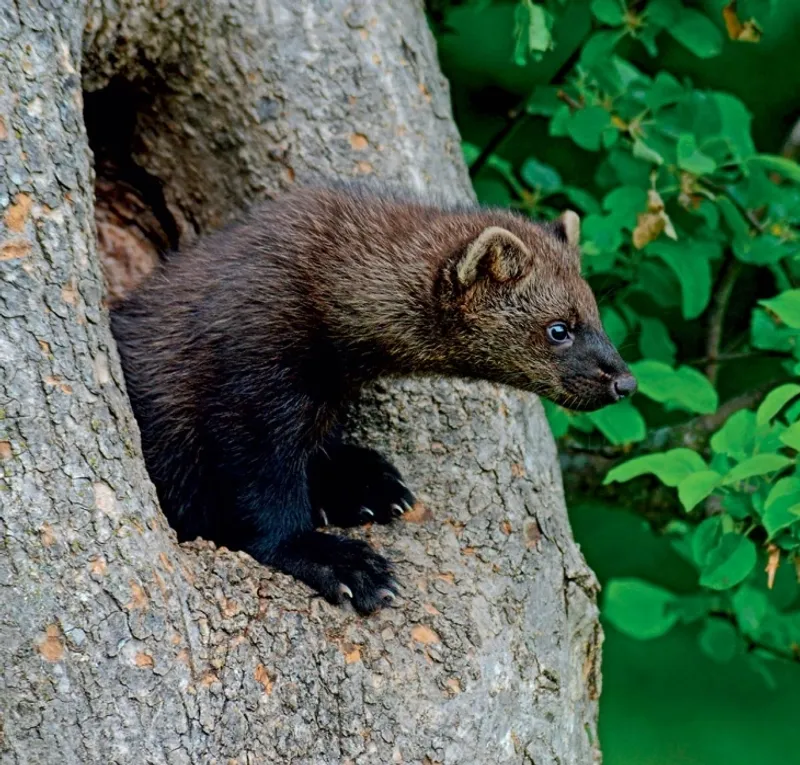
Mother Nature’s pest control just got an upgrade!
Fishers are ecological superheroes that help keep forest populations in check. Their favorite menu items include mice, squirrels, rabbits, and yes – those prickly porcupines that few other predators dare to tackle.
When I worked as a summer camp counselor in Minnesota, our resident naturalist explained how fishers help prevent tree damage by controlling porcupine numbers. Without this natural predator, porcupines can overpopulate and strip too much bark, weakening forest health.
Fishers also scatter seeds through their droppings and help maintain the delicate balance of woodland food webs. Their return potentially signals a more complete, functioning ecosystem.
How You Can Help Protect The Fisher And Its Habitat
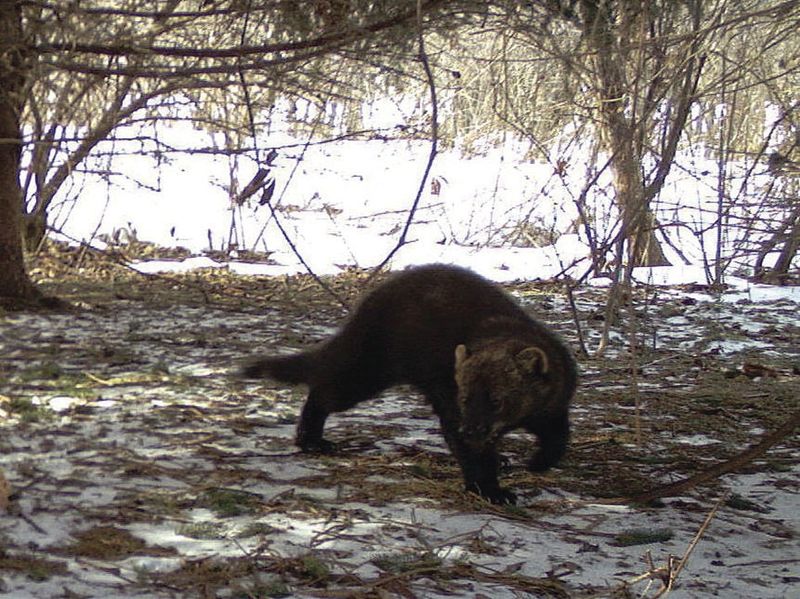
Want to be part of this historic wildlife comeback story? You don’t need specialized training! Supporting local conservation groups that protect woodland habitats makes a huge difference for fishers and countless other species.
Reduce your use of rat poisons and rodenticides, which can travel up the food chain and harm predators like fishers. If you own woodland property, consider working with conservation experts to improve habitat connectivity – fishers need forest corridors to travel safely.
Report any potential fisher sightings to the Iowa Department of Natural Resources, but keep your distance. These shy creatures deserve their space as they reclaim their ancestral home in our state.
Looking Ahead: What The Fisher’s Return Means For Iowa’s Future
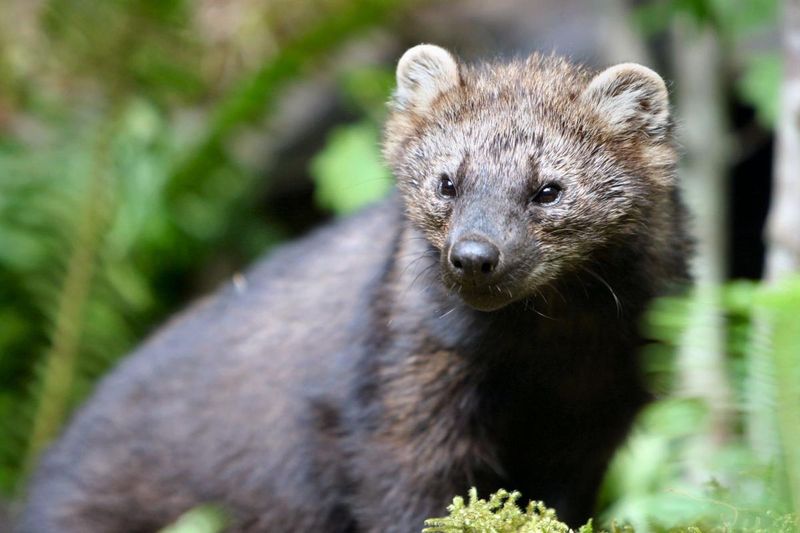
The fisher’s reappearance isn’t just a cool wildlife story. It’s a glimpse into Iowa’s potential ecological future. This unexpected visitor raises tantalizing questions: What other native species might return if we continue improving our natural areas?
My grandfather used to tell stories about animals that once roamed Iowa before intensive farming changed the landscape. Now I wonder if my grandchildren might see more of these creatures returning.
Wildlife biologists are cautiously optimistic but realistic. A single fisher doesn’t guarantee a population, but it opens the door to possibilities. This moment represents a crossroads where conservation efforts could help write the next chapter of Iowa’s wild heritage.
